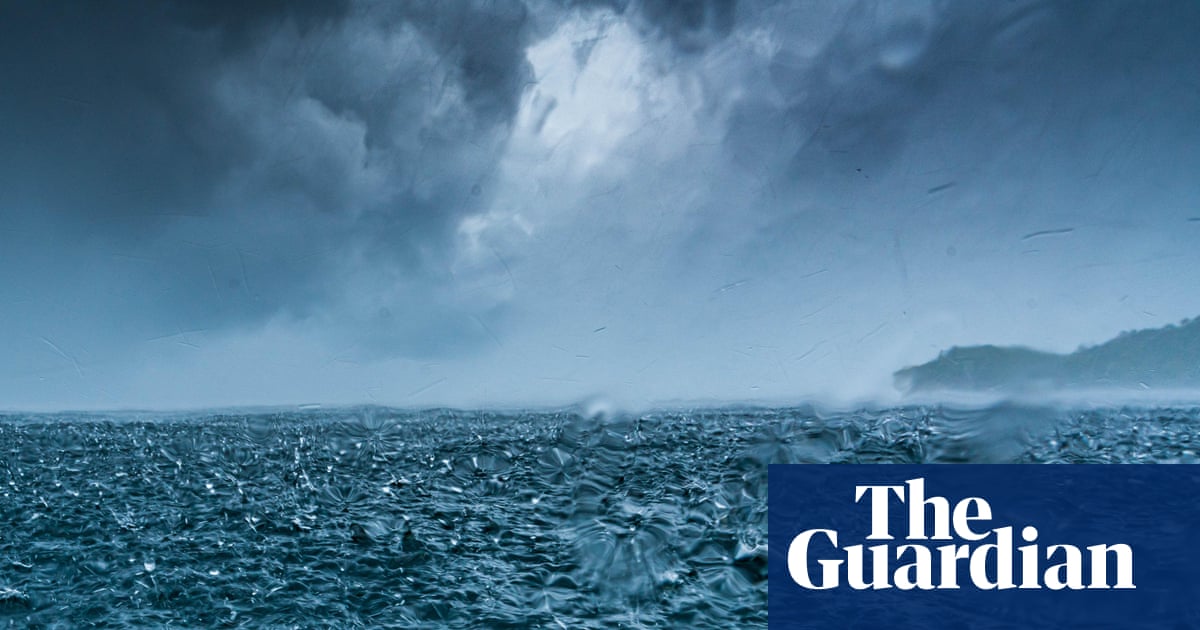The paper is here
So does that mean ice age, if so, what’s the timeframe on that?
No, it mainly means a colder Europe because the current won’t carry warm water up north. To my knowledge, it won’t have much impact on warming rates, just shift that heat around. That would likely mean warmer climates around the Gulf of Mexico and tropical Atlantic since the heat will just linger down there, but I’m not as sure about its impact outside of Europe.
UK about to be fucked.
Start snow tire business, it’s going to go from 0 to 100 quickly.
UK, France and western Europe more generally getting a bit colder isnt too big an issue with temperatures rising anyway, the more concerning part of it is that it will make the climate much drier and affect what crops can be grown.
IIRC it’s more about the extremes the UK will end up with - hotter and longer hot spells, colder and longer cold spells, longer deluges of rain, longer periods of drought, etc.
edit: Oh and I think there was concern about the pattern of rain in western Africa shifting further
northsouth resulting in mass famines in densely populated areas. https://climate.mit.edu/ask-mit/what-would-happen-if-atlantic-meridional-overturning-circulation-amoc-collapses-how-likely
To be fair the Little Ice Age was also just a European thing, and there aren’t really any famous ice ages other than that one and the paleolithic one.
Not in any kind of hemispheric or durable sense. It does mean that much of Europe becomes appreciably colder for a period of centuries; think of how different eastern Canada is from Europe today.
Eastern Canada isn’t a great example because of the prevailing winds. Even without the gulf stream, Europe would have less temperature variation than Eastern Canada because both have prevailing southwesterly winds. The Atlantic serves as a heat sink that dampens the extremes of winter and summer, so Europe would continue have less extreme temperatures than Eastern Canada - including less extreme cold.
Canada’s east coast is more similar to Hokkaido and Kamchatka. A better comparison for Europe would be Canada’s west coast. Paris would have similar weather to Vancouver, Oslo would be similar to Anchorage, and Lisbon would be similar to San Francisco. Except of course with global warming, you shift everything south again (taking into account that our experience of “similar weather to Vancouver” and climate advisories on the internet are anchored to the current +1.4°C level).
Central Europe doesn’t have a great equivalent because all other places have mountains pretty close to the coast, but Ukraine and western Russia are shielded by mountains and landmasses to their southwest similar to central Canada. So Kyiv would have similar weather to Edmonton, and Moscow similar to Fort McMurray (both in Alberta).
So it would be a pretty big shock, but not catastropic. Comparable to the Little Ice Age.
And the only major country actively pushing hard and having success with clean energy is still China, right?
No




